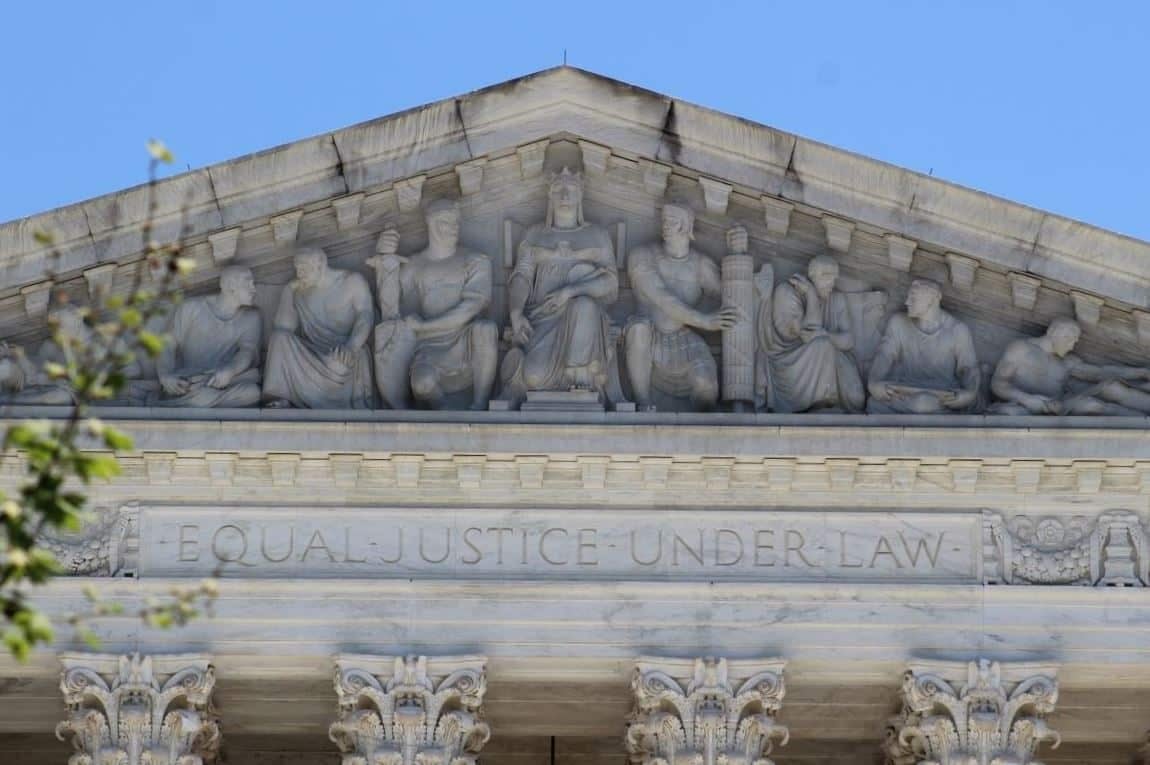High Court to Decide When Officials Can Block People on Social Media

WASHINGTON — The Supreme Court on Monday agreed to determine whether the First Amendment protects social media users from being blocked on the personal pages of government officials.
Today’s decision consolidates two cases, one a lawsuit brought against two members of the Poway Unified School District Board of Trustees in southern California, and the other, a suit filed against the city manager of Port Huron, Michigan.
Whatever the justices ultimately decide, the ruling is expected to have sweeping implications in a society where elected officials at all levels of government are increasingly using social media to interact with voters and constituents.
The underlying California lawsuit was filed by Christopher and Kimberly Garnier, parents of students in the Poway Unified School District, who were blocked by school board members Michelle O’Connor-Ratcliff and T.J. Zane in 2017.
In both instances, the Garniers were blocked on the board members’ Facebook page, and O’Connor-Ratcliff also blocked the couple from responding to her Twitter posts.
There was nothing obscene or threatening about the posts, but they were lengthy and highly repetitive.
The Garniers testified in a lower court hearing that they repeated comments because they wanted to reach other Facebook users who might only look at one particular post.
“By repeating their message on each post, plaintiffs reasoned, they would raise the issues that mattered to them involving PUSD to a broader audience,” the judge hearing the case wrote.
That judge, presiding in the U.S. District Court for the Southern District of California, later found in the Garniers’ favor.
The 9th U.S. Circuit Court of Appeals later upheld that ruling, holding the officials were using their pages in their official capacities and that in such cases social media accounts are essentially public forums.
The three-judge panel also rejected the school board members’ arguments that their social media pages were not “official channels” through which members of the public were expected to communicate with them.
The underlying Michigan case arose during the coronavirus pandemic. At the time — March 2020 — City Manager James Freed posted information on his Facebook page describing efforts Port Huron was taking to deal with the public health crisis.
When a local resident, Kevin Lindke, posted comments on the page criticizing the city’s response, Freed blocked him.
Throughout the litigation, Freed argued that his Facebook page wasn’t an extension of his public life, but rather a personal page on which he shared family pictures and commented on his daily activities.
The 6th U.S. Circuit Court of Appeals ultimately agreed with Freed and concluded that since he was not acting in his official capacity, the act of blocking Lindke did not constitute a state action that could be litigated.
This is the second time the Supreme Court will consider this question, though the first time was something of a wash that left the central legal question unresolved.
In 2021, the Supreme Court threw out a similar lawsuit brought against former President Donald Trump, holding the question had been rendered moot by his leaving office, with the fact that Twitter had subsequently banned him from the platform being a contributing factor.
New Twitter owner Elon Musk has since reinstated Trump’s account, though the former president appears to be sticking with his own “Truth Social” network to communicate his views.
Dan can be reached at [email protected] and at https://twitter.com/DanMcCue
























